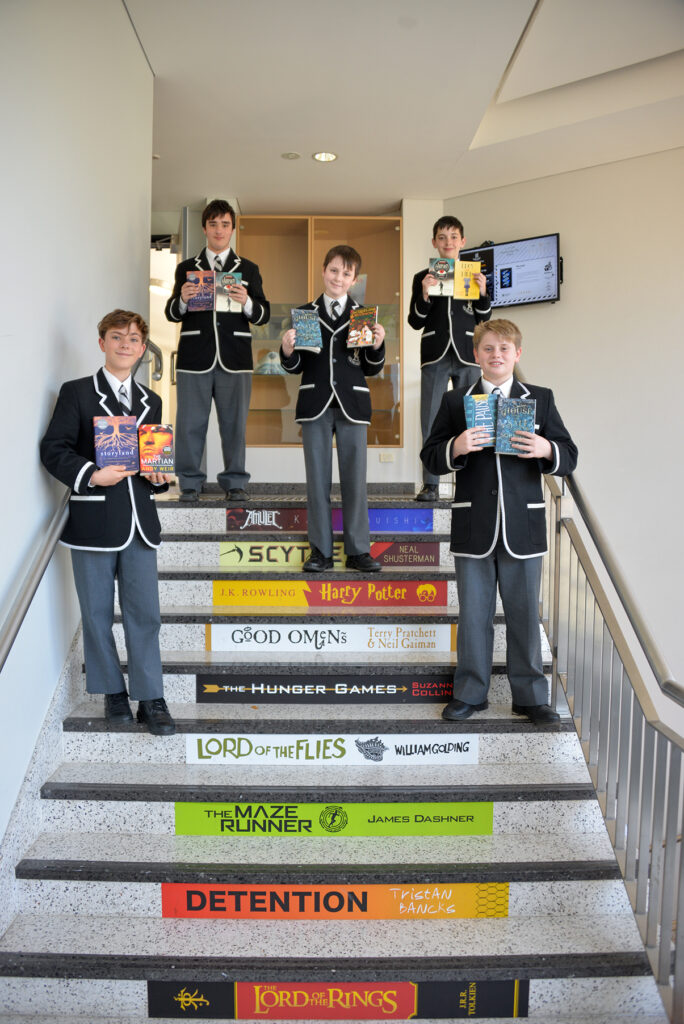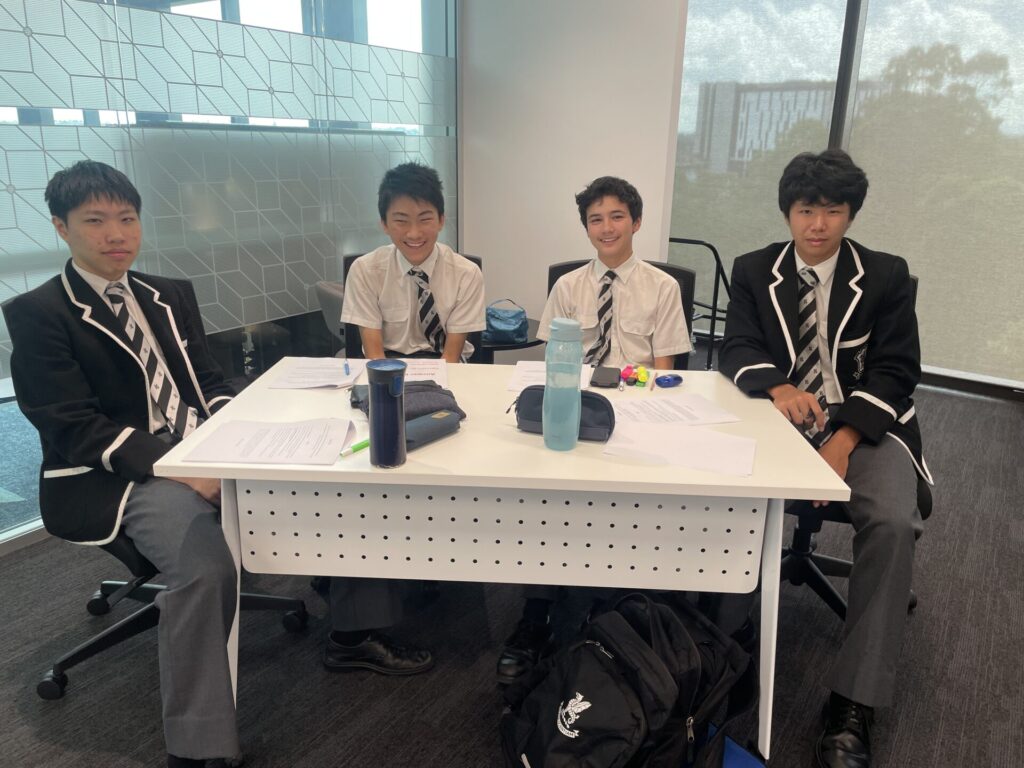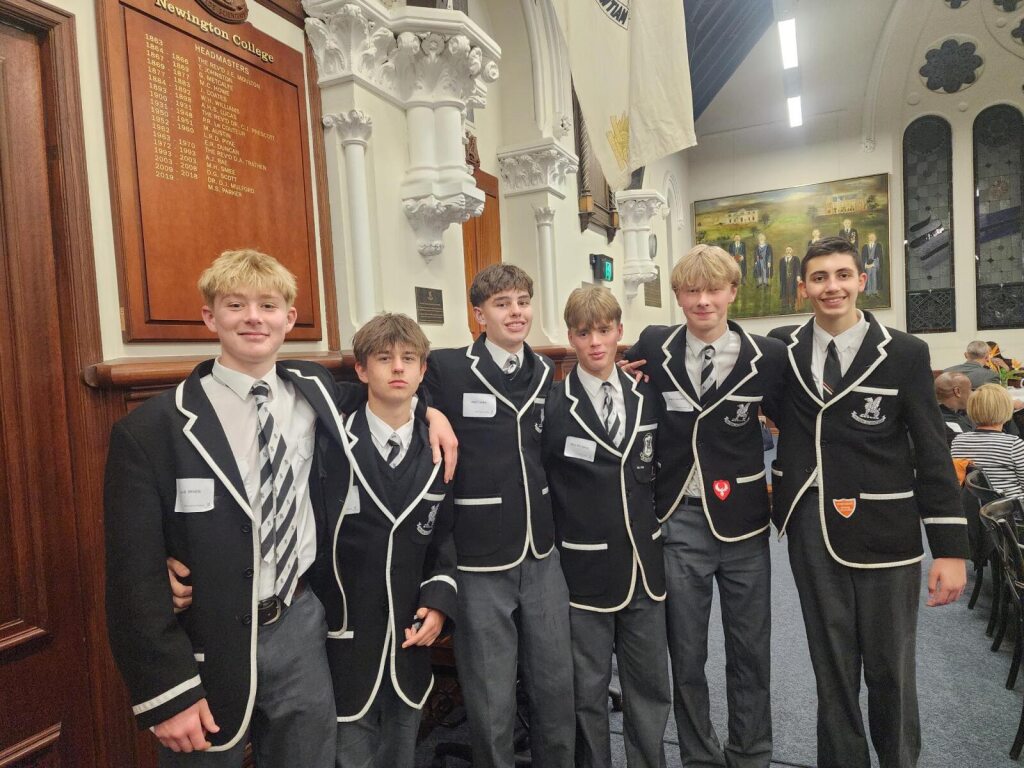Forget TikTok – books are top shelf entertainment
What right does a book have to grab our attention in a world where that attention is pulled in so many directions? Why is the escapism of a 600-page fantasy novel any better than the escapism of a Netflix binge or falling into a scroll-hole on Insta or TikTok? And why does every-one seem to say that reading books is so valuable, but so few people seem to dedicate real time to it?
Are books not ageing well in a world where we can get our entertainment so much more intuitively?
There’s plenty of research into the cognitive benefits of reading, but I want to focus on some looser, more ideological, points: storytelling, empathy, challenge.
Firstly, books remain the cornerstone of our storytelling. They are very often how we pass stories through generations and across cultures. They’re not the only option we have, but they remain the pillar that other forms of storytelling connect to. And stories are how we understand ourselves – they give us a framework for who we are, for what matters to us and for what we want to pass on. Our earliest lessons come through stories and our own lives can often be understood through the framework of narrative. There is a sense of awe and transcendence that comes from reading a book that feels connected to who we are, and where we are going, at a given point in time.
The stories held within the pages of books are one of our most powerful sources of wonder.
There is also a unique sort of empathy that we engage in when we read a book. When you’re reading, you can’t simply view an external narrative – you must internalise it. The voice of the story speaks inside your own head. Your conscious becomes the active participant in building the world of the book. No other form of entertainment demands this level of involvement. You’re taking someone else’s voice, preserved in written squiggles on a page and constructing what it means internally. Being able to do this – to internalise a different voice, a different perspective, a different way of seeing the world, pulls your brain in new directions and it will make you a kinder, more empathetic person.
Lastly, and I’ve already hinted at it, reading is hard. It can be a challenge to finish a book. In part because of the internal imaginative work that it demands, but also because it requires concentration. In a world where our attention spans seem to be getting shorter and shorter, so easily co-opted into instant, distilled bites of entertainment, it can be uncomfortable to sit with a book for weeks or even months. To have to work hard for that next step in the narrative, and to keep reading the page rather than switching to the phone. Even the most avid and engaged readers struggle with this challenge of concentration sometimes. But that challenge isn’t a bad thing – it’s actually part of the point. Very few things that are truly sources of wonder in our lives will come easily. Learning that hard work, curiosity, concentration and effort are needed to find really fulfilling discoveries and experiences is important. Reading equips you for that.
So, make time for books. They might be a bit old-fashioned when we’re surrounded by the bright lights of the modern world, but they remain – and will continue to remain – our most important source of wonder.
Mr Jeremy Green
English Teacher/ NewReads Coordinator

This article first appeared in the Spring 2023 edition of The NC.



